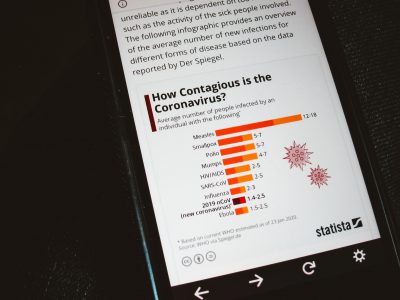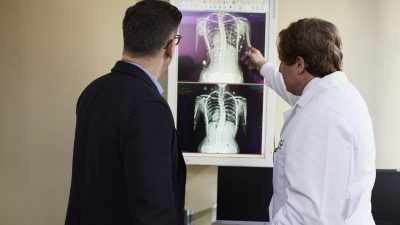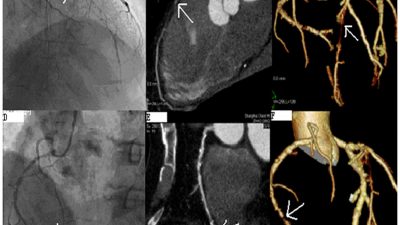This week, we take a look at an important issue affecting the quality of care in cardiology and in health care at large—physician burnout and outcomes. A new meta-analysis provides further evidence that burnout negatively affects the quality of care. We explore some views on physician burnout, and we also ask the question: could quality-focused and supportive accreditation, like Accreditation for Cardiovascular Excellence, help prevent physician burnout? What does physician burnout cost to organizations? Could artificial intelligence help hospitals manage burnout?
Association Between Physician Burnout and Patient Safety, Professionalism, and Patient Satisfaction: A Systematic Review and Meta-analysis – JAMA
A 47-study meta-analysis published in October edition of JAMA Internal Medicine provides further evidence that physician burnout may negatively affect the quality of patient care. Physician burnout is associated with 2-fold increased odds for unsafe care, unprofessional behaviors and low patient satisfaction. Read more »
Opinion: An Overlooked Cause of Physician Burnout – FPM
This opinion piece from 2016 offers a counter-perspective on physician burnout, citing a 2013 RAND Corporation report that found a “principal driver of physician satisfaction is not income or work-related stress but rather the ability to provide quality care to patients.” The reference in question, “Factors Affecting Physician Professional Satisfaction and Their Implications for Patient Care, Health Systems, and Health Policy,” examined physician professional satisfaction and its effects on the quality of care. “Physicians commonly reported that a great source of satisfaction for them in their work was being able to provide what they felt was high-quality care for their patients,” reads the report. A major barrier to satisfaction was practice leadership “unsupportive of quality improvement ideas.”
Could accreditation be a protective factor for physician burnout and outcomes?
In so far as accreditation is supportive of professionals’ desire to provide the highest quality care for their patients, accreditation could be a protective factor against physician burnout. We’ve previously discussed a recent Danish study which found accreditation to stimulate intrinsic motivation in providers, especially where accreditation is perceived as a tool for quality development. In our perspective at Accreditation for Cardiovascular Excellence, we also believe accreditation can overcome perceived barriers to providing quality care—a potentially large contributor to physician burnout—by providing evidence-based support and guidelines for quality improvement with recognizable value for physicians, administrators and leaders at an organization.
How Much Physician Burnout is Costing Your Organization – AMA
“The cost of physician burnout can range from $500,000 to more than $1 million per doctor,” writes the American Medical Association’s Sara Berg. This estimate includes recruitment costs, lost billings, and indirect costs such as medical errors, higher malpractice risk and reduced patient satisfaction. Read more »
Lightning Bolt Aims to Reduce Physician Burnout Through Its AI Scheduling Software – MedCity News
A company called Lightning Bolt is using cloud-based artificial intelligence software to optimize physician schedules and their work-life balance, simplifying a complex process to protect against physician burnout and improve patient access. “Our system takes the rules or requirements of individual physicians… [and] produces a schedule that best meets all the objectives,” explained CEO Suvas Vajracharya in a phone interview with MedCity News. Read more »












